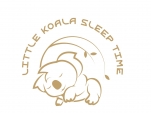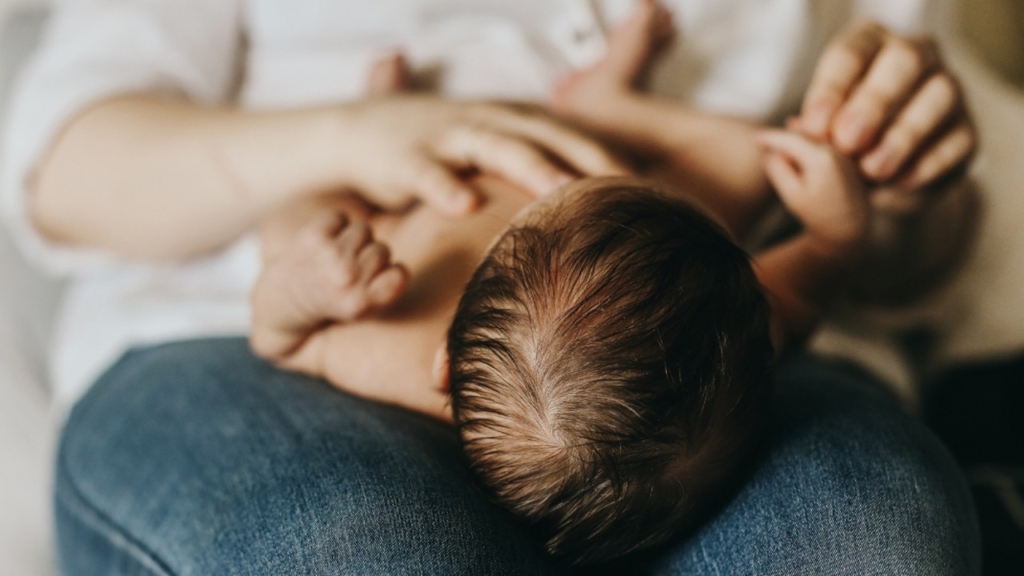Thank you so much for all the private messages and comments you've sent me. I'm truly grateful for your trust. I never imagined that so many moms and dads would have concerns about sleep guidance. I hope my suggestions can help you. Since I spend most of my time on one-on-one sleep consultations, I might miss some comments on Xiaohongshu . I apologize for that.
Today, I'd like to share a case study, focusing on the most frequently asked questions these days: common sleep problems for babies around 100 days old and their solutions. For parents with strong execution skills and a positive mindset, you can try these solutions on your own. I'll continue to produce content based on frequently asked questions, so other parents, please be patient.
Case Study:
Baby's age: 111 days
Wake up: 7:00 am
Nap1: 10:00 am -11:30 am (Wakes up after half an hour and needs to be soothed back to sleep. Sleep method: Patting)
Nap2: 2:00 pm – 3:30 pm (Wakes up after half an hour and needs to be soothed back to sleep. Sleep method: Patting)
Nap3: 6:00 pm-7:00 pm (Sleeps in arms and can't be put down.)
Bedtime: 9:30 pm (Used to sleep at 8 pm, but now it takes 1.5 hours to fall asleep. Sleep method: Nursing)
Sleep problems: Short naps; resistance at bedtime; sudden crying during sleep; difficulty falling back asleep after night feeding, leading to long periods of wakefulness.
Analysis (for babies aged 90-120 days):
- The baby's biological clock is set around 7:00 am, meaning no matter when they go to bed, they'll wake up around this time. To ensure 11-12 hours of sleep at night, bedtime should be around 7 pm.
- The start time for Nap1 is too late. For a three-month-old, the awake window is between 1-1.5 hours. So, should it be 1 or 1.5 hours?
Typically, the first awake window in the morning is the shortest, about 1 hour. The awake window before bedtime is the longest, possibly 1.5 hours, and some babies can even stay awake for 2 hours. The awake windows for the naps in between gradually increase.
What sleep problems can arise from delaying naps?
Over-tiredness can lead to short naps, waking up crying, and if there's no long nap during the day to compensate, the accumulated cortisol can make the baby hyperactive or irritable by bedtime. This can result in delayed bedtime and long periods of wakefulness at night. If bedtime is delayed, the baby gets less than 11-12 hours of sleep, which means they're already sleep-deprived when they wake up in the morning. Over time, this sleep debt can lead to a series of sleep problems. So, it's crucial to pay attention to the awake windows between naps.
- For babies under 4 months, waking up after half an hour is normal. So, they need adults to help them connect their sleep cycles. If the baby can fall asleep on their own, refer to the previous article and let the baby practice connecting sleep cycles on their own.
- Patting: Improvement suggestion: Introduce white noise, gradually transitioning from "white noise + patting" to just white noise.
- Nap2 starts too late. Based on the awake window analysis, when should the baby in this case study fall asleep for Nap2?
The answer is no later than 1 pm. Did you get it right?
- Nap3 starts too late. Holding the baby to sleep is okay
Note: The evening nap can be achieved by any means. Holding, nursing, or sleeping in a stroller are all acceptable. After two or three naps during the day, the baby has released a lot of sleep pressure. So, it's challenging for them to fall asleep on their own, and even patting might not work. The evening nap, also known as the bridging nap, is an effective method to make bedtime smoother. So, 30-45 minutes is enough, and it doesn't need to be too long.
- Nap4: Yes, the baby in this case study is missing a Nap4, the real evening nap. After adjusting the awake windows during the day, Nap3 will end earlier. At this time, a bridging nap is needed to pave the way for bedtime and prevent the baby from becoming too tired. If the baby finds it challenging to connect sleep cycles during the day, they might even need a Nap5. Don't worry about this, as the baby is still very young, and fragmented sleep is normal.
- Bedtime is too late. The baby has missed their biological clock. Remember the wake-up time? That's when they should be going to bed.



